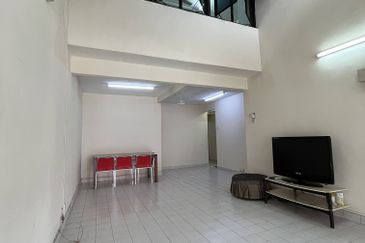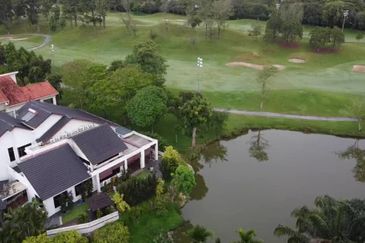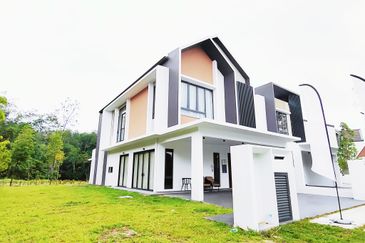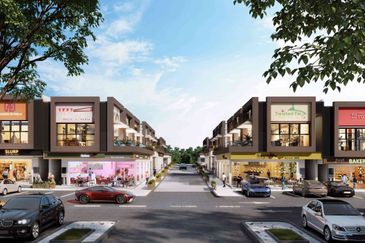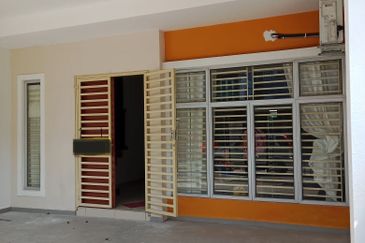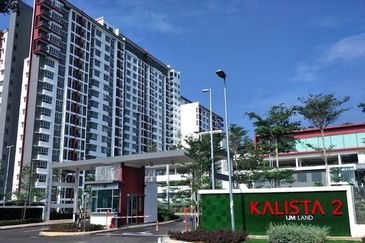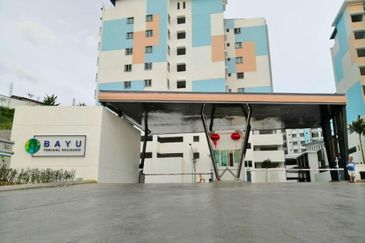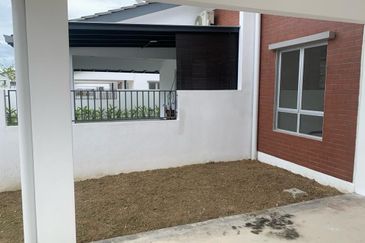
PETALING JAYA (Aug 27): The Malaysian Institute of Estate Agents (MIEA) predicts landed residential units to be the focus of property transactions in the second half of 2021 (2H21), according to its president Chan Ai Cheng (pictured).
“Interestingly, real estate professionals who are focusing on the commercial property market have also reached the same agreement. Agents who are focused on the industrial sector continue to hold strong in this sector,” she said while presenting the Real Estate Professionals Sentiment Survey on Malaysia's Property Market Performance — Overview on 1H21 and Outlook for 2H21.
Commissioned by the MIEA, the survey was prepared by the Centre for Entrepreneurial Sustainability and University Tunku Abdul Rahman (UTAR) to study the Malaysian property market performance, based on the sentiment of real estate professionals.
In terms of the primary market outlook, Chan said: “It is foreseeable that developers will likely adjust property prices for new launches in 2H21 to reflect the market situation. The majority [of the respondents] were of the opinion that developers are unlikely to announce new projects to be launched in 2H21.”
As for the secondary market outlook, the respondents were not optimistic about the recovery of the secondary property market performance in 2H21 as most were of the view that the property market will take some time to recover.
“The loan moratorium introduced under PEMULIH, which takes effect from July to December 2021, has eased the pressure on owners of properties in their monthly instalments,” she said, adding that although it is a temporary measure, the effort has certainly assisted in stabilising the secondary property market.
Meanwhile, the MIEA plans to engage further with stakeholders to stimulate the market. Chan noted that the MIEA will be putting in the proposal of a road map for the recovery of the real estate sector for the consideration of the Ministry of Finance (MoF). “We have established a Real Estate Recovery Task Force tasked to look into this. We have also been working on a proposal for Budget 2022, although it is still in the preliminary stages.”
Albeit the subdued market, she highlighted some optimism for 2H21. “Benefits from low interest rates (at an all-time low) have been acknowledged as the main factor that will influence the performance of the residential property market, while recovery from Covid-19 ranks top for the commercial and industrial sector.”
Softened market in 1H21
According to the MIEA survey, the property market was significantly impacted by the Covid-19 pandemic. In 1H21, there was a decrease in property supply, indicating that developers were holding back launches in the past six months or a delay in vacant possession of the projects. The property supply data was based on the supply release (number of newly completed units) by developers and new launches.
Chan noted that the respondents indicated a general decrease in the volume of transactions, especially for the commercial at 66% and high-rise residential units at 53%.
She also added that there was a general perception of a decrease in property selling prices in the primary market.
“On the residential front, this was due to projects under the Home Ownership Campaign (HOC), where there is a mandatory 10% discount on selling prices,” she said.
“Also generally in the primary market, developers offer promotional packages to attract buyers, make their project more attractive and make ownership easier for buyers and, as such, the data was not surprising.”
Meanwhile, the industrial sector and landed residential properties were the most resilient in 1H21, compared to high-rise residential and commercial properties.
“Landed properties have time and again proven themselves to be very stable and resilient through any market conditions, even through these pandemic times,” Chan said.
“Secondary properties are different to primary properties where viewing is in a way required as the condition of each property is different to another even in the same locality. With the daily infection rates increasing from April onwards, viewings were affected, which in turn affected the volume of transactions. Agents were not allowed to operate completely during the full lockdown introduced at the end of May, which took effect from June 1 until Aug 26, 2021 (yesterday). We just received the green light to operate yesterday,” she added.
In comparison to the primary market, secondary market property prices appeared to have a higher percentage of decrease. “As secondary property prices are priced based on prices indicated by different sellers, it would appear that the sellers are now more realistic and have adjusted their selling prices to be more competitive. Usually, a decrease in property prices leads to a higher transaction volume, but this wasn’t the case in the survey findings.”
She opined: “Buyers are cautious before making a purchase — many other factors contribute to buyers’ confidence in addition to the Covid-19 pandemic, [such as] the economy, job stability and the stability of the government.”
Get the latest news @ www.EdgeProp.my
Subscribe to our Telegram channel for the latest stories and updates
TOP PICKS BY EDGEPROP

VIVO Residential Suites
Jalan Klang Lama (Old Klang Road), Kuala Lumpur
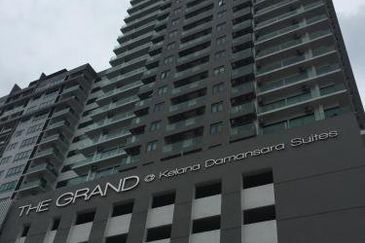
The Grand @ Kelana Damansara Suite
Kelana Jaya, Selangor
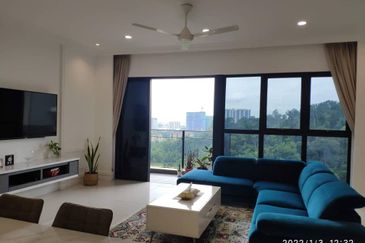
Secoya Residences
Pantai Dalam/Kerinchi, Kuala Lumpur
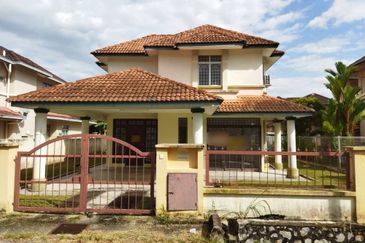
Taman Tasik Semenyih (Lake Residence)
Semenyih, Selangor
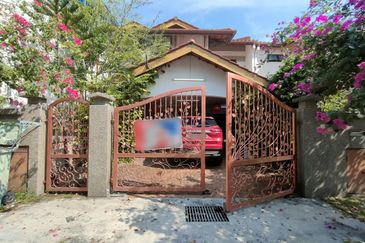
Suadamai, Bandar Tun Hussein Onn
Cheras, Selangor
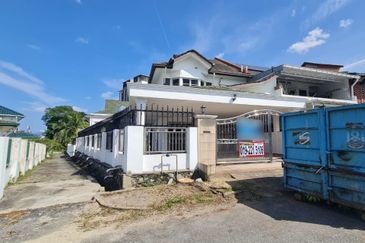
Suadamai, Bandar Tun Hussein Onn
Cheras, Selangor
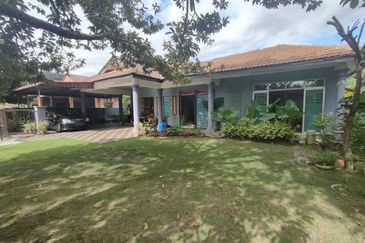
Taman Tasik Semenyih (Lake Residence)
Semenyih, Selangor

Damansara Heights (Bukit Damansara)
Damansara Heights, Kuala Lumpur
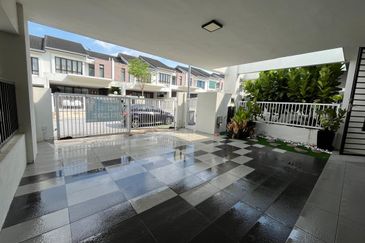
BANDAR AINSDALE FASA 3B (TENANG)
Seremban, Negeri Sembilan

